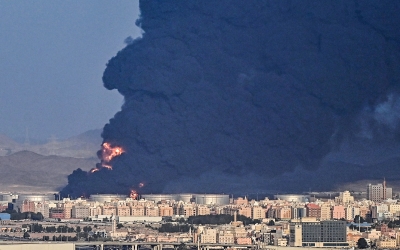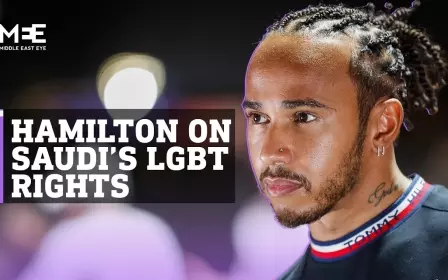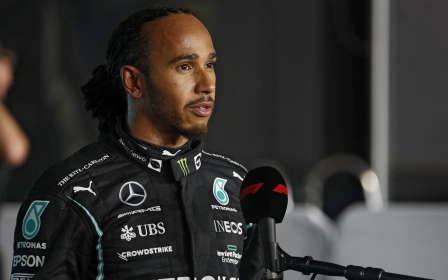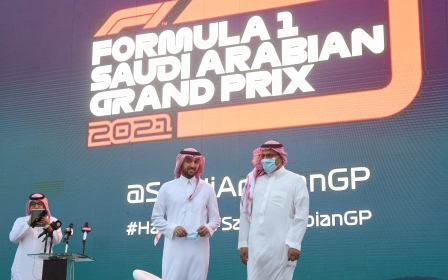F1 drivers will not stay silent on political issues, says union head
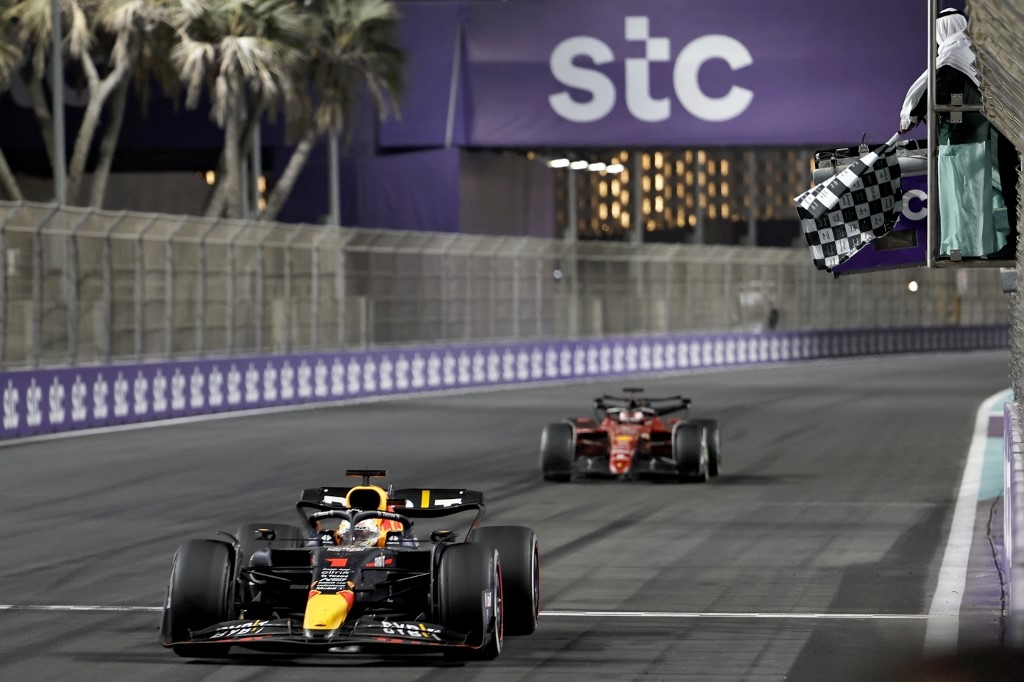
Formula 1 drivers will continue to take a stand on issues that arise in the sport, weeks after they considered boycotting the Saudi Arabian Grand Prix following an attack by Yemen's Houthi rebels, the head of the drivers union has said.
Alex Wurz, chairman of the Grand Prix Drivers' Association, told The Guardian newspaper on Tuesday that drivers would continue to be vocal on political issues after a near-mass walkout on 25 March, following the missile strike on an oil storage facility near the Jeddah track.
According to Planet F1, the 25 March drivers' briefing turned into a four-hour showdown, as all 20 drivers expressed their concerns and doubts about continuing to race in Jeddah.
"It's definitely very impressive to watch that they strongly came together," Wurz told The Guardian, reflecting on the events in Saudi Arabia.
"As they did so over the last few years, but now it is demanded of athletes. The transformation of young people taking this responsibility is impressive.
New MEE newsletter: Jerusalem Dispatch
Sign up to get the latest insights and analysis on Israel-Palestine, alongside Turkey Unpacked and other MEE newsletters
"We are talking about people who are dedicated to a professional life and they are going out and informing themselves and forming their opinions."
Wurz also said that the drivers' actions in Saudi Arabia acted as further evidence that the athletes are not solely there to race and will speak out on political issues.
"We can see that sport has undergone a very swift change over the last few years," he said. "It really came to the surface with the issue of racism and with Black Lives Matter. Before, drivers were seen as sportspeople where the position was: 'I am a sportsperson, I am not getting involved in politics'. That time has really gone.
"In the last two to three years, those young people have suddenly come to the position that they should have an opinion and that they should also talk and express their opinions and deal with their responsibility for it."
Saudi Arabia hosted its first Formula 1 race in 2021. But since the event, several drivers have aired their concerns about racing in the kingdom.
In December, seven-time Formula 1 world champion Lewis Hamilton expressed concerns over human rights and LGBTQ rights, indicating he was not comfortable with racing in the country.
"Do I feel comfortable here? I wouldn't say that I do," Hamilton said at the time. "But it's not my choice to be here. The sport has taken the choice to be here."
After his remarks, more than 40 organisations called on Hamilton to address a number of human rights concerns with the president of the Saudi Automobile and Motorcycle Federation.
Saudi Arabia is one of several countries accused of "sportswashing" human rights abuses by using high-profile sporting events to project a favourable image.
Others include Bahrain, which held the opening F1 race of the season, and Qatar, which will host the World Cup later this year.
Middle East Eye delivers independent and unrivalled coverage and analysis of the Middle East, North Africa and beyond. To learn more about republishing this content and the associated fees, please fill out this form. More about MEE can be found here.


